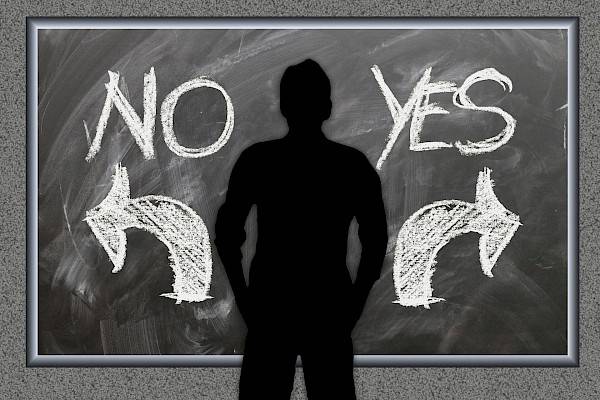Episode transcript The transcript is generated automatically by Podscribe, Sonix, Otter and other electronic transcription services.
Ricardo (4s):
Ricardo (46s):
Ricardo (1m 27s):
Ricardo (2m 8s):
Ricardo (2m 55s):
Ricardo (3m 36s):
Ricardo (4m 23s):
Ricardo (5m 11s):

